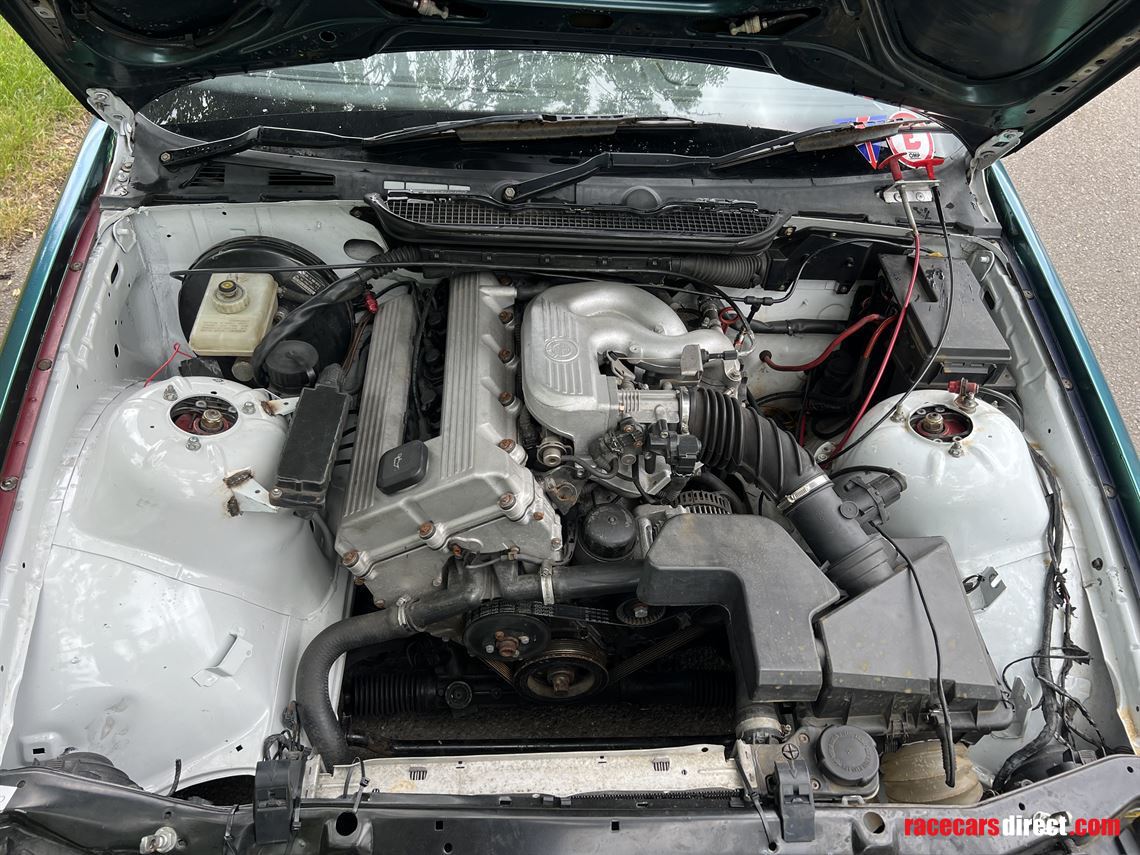Important Factors To Consider for Selecting the Best Engine for Your Requirements
In the realm of choosing the optimal engine to fulfill your requirements, several critical factors demand careful factor to consider to ensure optimal performance and performance. From the nuanced equilibrium between power and performance to the often-overlooked elements of maintenance and solution needs, each element plays a critical function in determining the most suitable engine for your particular requirements.
Power and Performance
When reviewing engines for optimal performance, it is crucial to prioritize both power result and efficiency. Performance refers to how well the engine converts gas right into usable energy. By very carefully reviewing both power and performance, you can select an engine that supplies optimum performance and meets your demands properly.
Fuel Effectiveness and Economic Climate
Gas effectiveness refers to the engine's capability to convert gas into energy with minimal waste, directly influencing operating prices and environmental sustainability. Engines with higher gas effectiveness not only decrease gas expenditures however likewise decrease carbon exhausts, contributing to a greener operation.

Compatibility and Application
Taking into consideration the fuel effectiveness and economic situation of an engine, the next vital aspect to address is its compatibility and application within certain functional contexts. Compatibility refers to how well the engine integrates with the total system or tools it powers.
Additionally, the application of the engine is just as vital. Various engines are designed for certain objectives, whether it be industrial machinery, aquatic vessels, autos, or power generators. Understanding the desired application permits the selection of an engine that can provide the necessary power result, torque, and functional characteristics. A high-revving engine designed for performance vehicles would not be appropriate for durable building and construction tools that calls for high torque at reduced rates.
Upkeep and Service Demands
Upkeep and service requirements play a crucial function in making certain the longevity and ideal efficiency of an engine. Normal maintenance is vital to protect against breakdowns, prolong the life-span of the engine, and maintain its effectiveness. When choosing an engine, it is very important to think about the supplier's recommended maintenance routine and the schedule of solution facilities or certified specialists.
Aspects such as the regularity of oil adjustments, filter substitutes, and total assessments can considerably affect the engine's efficiency. Some engines may require more frequent maintenance based upon their style and usage, while others may have longer intervals in between maintenance checks. It is essential to follow these service needs to avoid pricey fixings and unexpected downtime.

Expense and Budget Factors To Consider
Spending plan restraints commonly play a considerable role in the decision-making process when choosing an engine for a specific application. When thinking about the expense and budget ramifications of choosing an engine, it is essential to examine not only the initial purchase price but additionally the lasting expenditures connected with maintenance, gas consumption, and possible upgrades or repairs. It is critical to strike an equilibrium between the in advance expense of the engine and its general lifecycle prices to make certain that the selected engine remains economically sustainable throughout its functional life-span.
Variables such as gas integrity, effectiveness, and longevity can straight affect the complete price of possession of an engine. While an extra costly engine may have higher in advance costs, it can potentially result in reduced upkeep and fuel expenses over time, hence using far better worth in the lengthy run.
Conclusion

Fuel effectiveness refers to the engine's ability to convert fuel into energy with minimal waste, straight influencing operating costs and ecological sustainability.Elements influencing gas effectiveness include engine layout, combustion effectiveness, and general efficiency optimization. Additionally, choosing the ideal fuel kind and grade as recommended by the engine manufacturer can better enhance efficiency and prolong engine life expectancy.
Engines with excellent serviceability attributes and easily available parts can reduce upkeep expenses and decrease the time the engine is out of operation - bmw 318ti. It is critical to strike a balance in between the ahead of time price of the engine and its overall lifecycle expenses to guarantee that the why not check here selected engine continues to be economically lasting throughout its functional lifespan
Comments on “BMW 318ti: A Comprehensive Overview to This Compact Powerhouse”